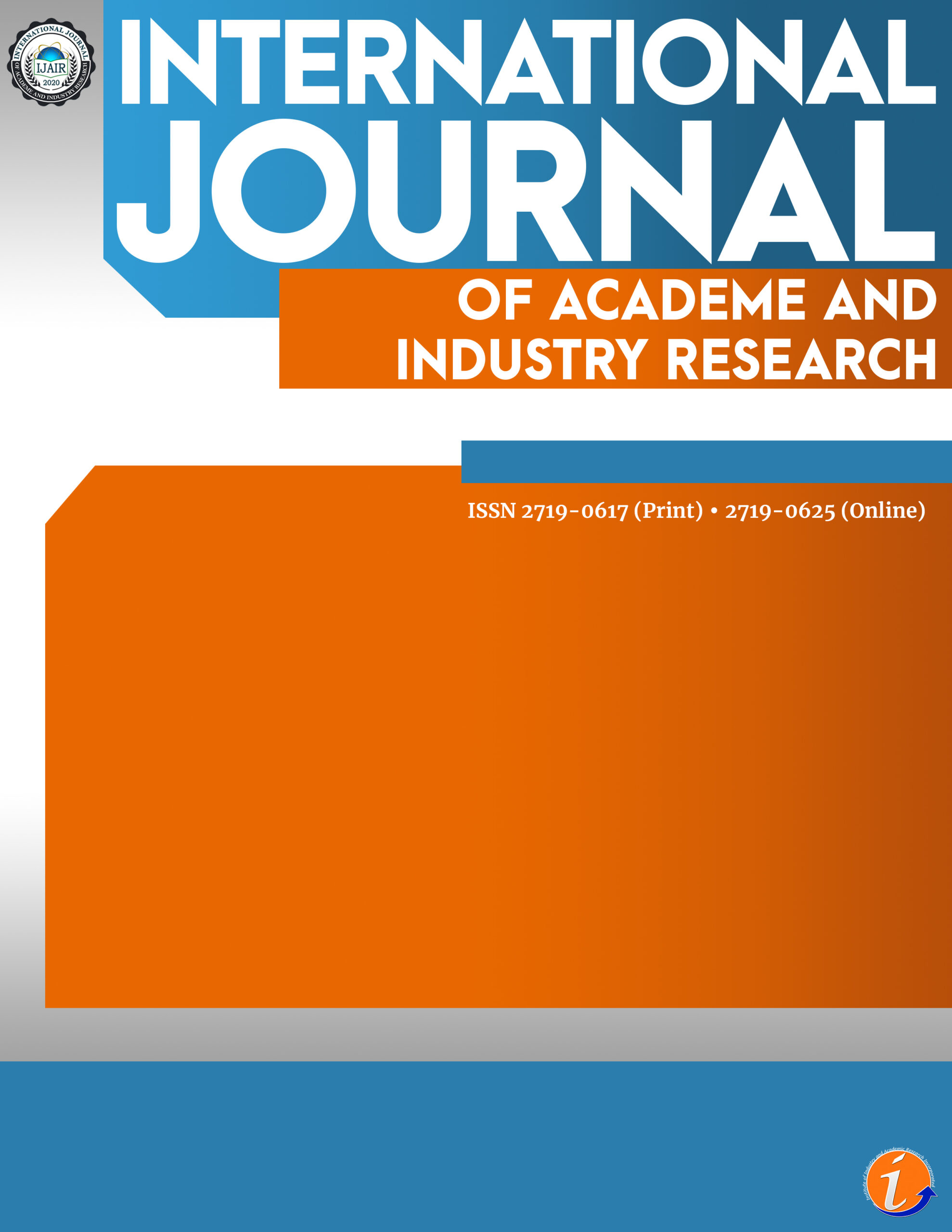This study determined the relations of financial literacy and decision-making skills in the financial well-being and professional qualities of select public school teachers. The study used descriptive-correlational design through a survey data gathering strategy. There were 177 teacher-respondents from fifteen schools in Candelaria East District, Division of Quezon in the Philippines. The participants on the survey conducted on April 2021 were majority 31 to 40 years old, female, married, bachelor’s degree holder, teacher 1 employment status, with salary range of P15,000 to P 24,000 from their 1 to 10 years of service. The results of the self-assessment showed that the teachers’ financial literacy and the decision-making skills were proven to be practiced. Furthermore, the financial well-being and professional qualities were also being practiced. This study recommends on the continuous education of the teachers with regards to the financial literacy. On personal level, being cautious in engaging with loans and disengagement with debt-trap are basic but powerful practices.
financial literacy, financial well-being, decision-making, professional qualities
Ladyline V. Martinez. Corresponding author. Teacher 1 in Mangilag Norte Candelaria, Quezon, District Adopt-A-School coordinator, DRRM coordinator, CIP coordinator and BAC chairman
Edilberto Z. Andal. Research Advisor. Dean of Graduate Studies and Applied Research in the College of Teacher Education at Laguna State Polytechnic University San Pablo City Campus
This paper is a finalist in the IIARI Research Competition (IRC) – 2021 Category 3 – Graduate
Abaya, K., Aguinaldo, R., Asprec, A., Donato, J., Viloria, V. (2021). Practices on Financial Literacy of Teachers in the Schools Division Office of Cabanatuan City. International Journal of English Literature and Social Sciences Vol-6, Issue-4; Jul-Aug, 2021
Allison, K. E. (2015). Employee financial wellness survey. United States of America, USA:
Amagir, Aisa & Groot, Wim & Maassenvandenbrink, H. & Wilschut, Arie. (2017). A review of financial-literacy education programs for children and adolescents. Citizenship, Social and Economic education. 17. 10.1177/2047173417719555.
Atkinson A, Messy F (2012) OECD Working Papers on Finance, Insurance and Private Pensions.
Beckmann, E., (2013). Financial Literacy and Household Savings in Romania. Numeracy, Vol. 6, Issue 2, Article 9.
Bhushan, P. and Yajulu, M., (2013). “Financial Literacy and Its Determinants,” International Journal of Engineering, Business and Enterprise Applications, Vol. 4, No. 2, pp. 155-160
Dietrich, C. (2010). Decision Making: Factors that Influence Decision Making, Heuristics Used and Decision Outcomes, Vol. 2 No. 02, 1-3.
Fatoki, O., (2014). “The Financial Literacy of Non-Business University Students in South Africa” , 7 (2): 261-267.
Huston, S. J. (2010). Measuring financial literacy. The Journal of Consumer Affairs, 44(2), 296-316. doi: 10.1111/j.1745-6606.2010.01170.x
Jappelli, T. & Padula, M. (2011). Investment in financial literacy and saving decisions. Journal of Banking and Finance, 37(8). doi: 10.1016/j.jbankfin.2013.03.019
Kahneman, D., & Deaton, A. (2010). High income improves evaluation of life but not emotional wellbeing. Proceedings of the National Academy of Science of the United States of America, 107(38), 1648916493.
Kapoor, J. R., Dlabay, Hughes R.J. (2014). Personal Finance. New Delhi: Mc Graw Hill Companies.
Kaur M, Yadav SS, Gautam V (2013) Financial system development and foreign direct investment: a panel data study for BRIC countries. Glob Bus Rev 14(4):729–742. https://doi.org/10.1177/0972150913501607
Kefela, G. T. (2010). “Promoting access to finance by empowering consumers: Financial literacy in developing countries,” Educational Research and Reviews, vol. 5, no. 5, pp. 205-212.
Lusardi A, Mitchell O (2011) “Financial Literacy Around the World: An Overview.” Journal of Pension Economics and Finance.
Mahdzan, N. S., & Tabiani, S. (2013). The Impact of Financial Literacy on Individual Saving: An Exploratory Study in the Malaysian Context. Transformations in Business and Economics, 12 (1 (28)), 41-55. Retrieved from University of Malaya Repository. Retrieved from http://repository.um.edu.my/id/eprint/17886
Otter, D. (2010). Teacher attitudes and beliefs about teaching financial literacy: A survey of California K-12 teachers. Retrieved from http://www.pollinateproject.org/
Rath, T., & Harter, J. (2010). Wellbeing: The five essential elements. New York: Gallup Press
Tilan, Arjay & Cabal, Esmen. (2021). Financial Literacy of Filipino Public School Teachers and Employees: Basis for Intervention Program. International Journal of Science and Research (IJSR). 10. 1104-1113. 10.21275/SR211022071618.
Zaimah, R., Masud, J., Haron, S. A., Othman, M., Awang, A. H., & Sarmila, M. D. (2013). Financial well-being: Financial ratio analysis of married public sector workers in Malaysia. Asian Social Science, 9(14), 1-6.
Cite this article:
Martinez, L.V. & Andal, E.Z. (2022). Relations of financial literacy and decision-making skills to teacher’s financial well-being and professional qualities. International Journal of Accounting, Finance and Entrepreneurship, 3(1), 39-54. https://doi.org/10.53378/352871
License:
![]()
This work is licensed under a Creative Commons Attribution (CC BY 4.0) International License.










